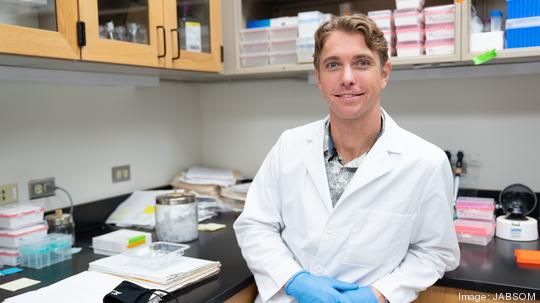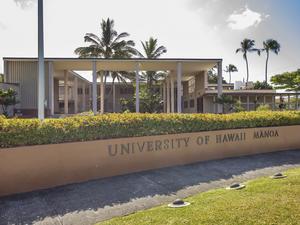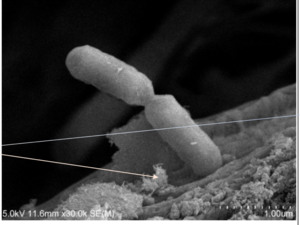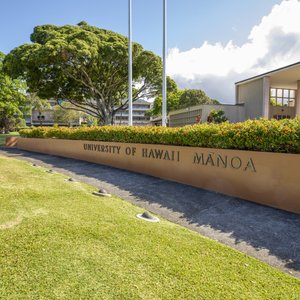
The youngest full-time faculty member at the University of Hawaii's Institute for Biogenesis Research has secured a $2.3 million, five-year grant from the National Institutes of Health to pursue a better approach to gene therapy.
Jesse Owens, a 36-year-old researcher from Hawaii Island, will lead a team from UH's John A. Burns School of Medicine, MIT, and UC Davis with the intent to develop a safer system than what currently exists in gene therapy, which is defined by the Mayo Clinic as altering the genes inside a body's cells in an effort to treat or stop disease.
“I have always been fascinated by the fact that genes can be moved around to serve a purpose,” Owens said in a statement. According to the university, the Hilo High School graduate dedicated himself to gene therapy research at age 17.
The grant, "Directed evolution of a sequence-specific targeting technology for therapeutic gene delivery to the human genome," was a first-time submission to the NIH and it received a score in the top 1-percentile of submissions received nationally.
“This is an R01, which is the coveted personal grant that people get to do research," said Dr. Steven Ward, director of UH's IBR, in a statement. "It’s bringing absolutely state-of-the-art technology that he’s inventing to do new gene therapy in Hawaii and this is why we’re very proud of him.
“Not only is he faculty here, he got his PhD here, he was trained here, he was raised on the Big Island,” Ward said. “He’s the product of that and it just shows you that Hawaii can do some of the world’s greatest biomedical research.”
Owens is the youngest full-time faculty member at the IBR. He earned his PhD in Cell and Molecular Biology from UH in 2014 and runs his own lab with 10 researchers.
The objective of Owens' grant is to address drawbacks to current genome editing technologies that randomly insert a therapeutic gene, which according to his submission can disrupt important host genes and potentially cause cancer.
“[There are] two benefits to the technology that we’re developing, one is that we can bring in large pieces of DNA, which will allow us to cure more types of diseases," Owens said in a statement. "And the second benefit would be that when we bring in that piece of DNA in, it won’t disrupt something that’s important.”
Owens shares Hilo High School as an alma mater with Jennifer Doudna, who won the 2020 Nobel Prize in Chemistry for her work on CRISPR gene therapy.
“I think the schools here in Hawaii are underestimated really, but you can succeed coming out of Hawaii, for sure,” Owens said.







